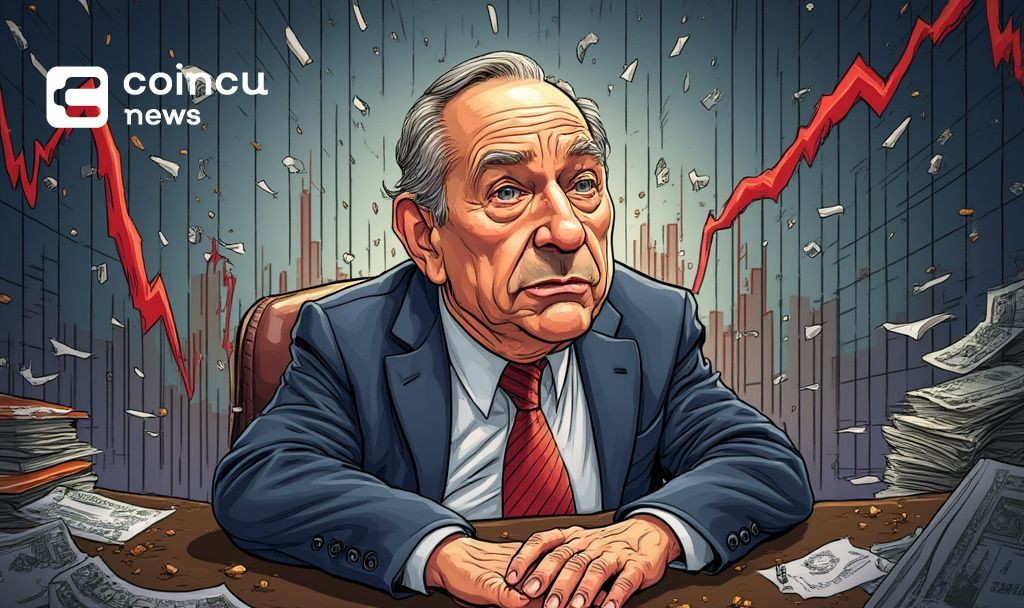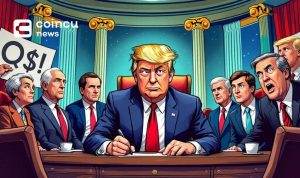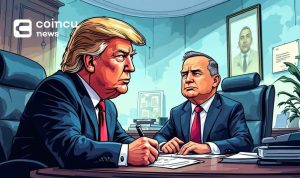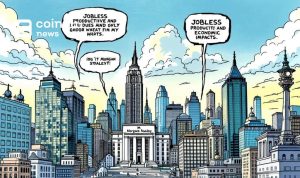- Larry Summers alerts on U.S. financial turmoil due to government tariffs.
- Possible recession; markets and jobs may face impacts.
- U.S. budget deficit concerns rise amid potential global instability.

In recent developments, former U.S. Treasury Secretary Lawrence Summers raised concerns over a possible severe financial crisis due to U.S. tariff policies. This situation has prompted debates about economic consequences and the potential for market instability.
Summers’ warning highlights the risks of current tariff policies on the U.S. economy and global trade, suggesting markets may react adversely with volatility and unpredictability.
Summers Warns: Tariffs May Push U.S. Economy into Recession
Lawrence Summers, prominent in past U.S. administrations, publicly warned about potential financial instability linked to U.S. government tariff policies under Donald Trump. He predicts troubling economic outcomes resulting directly from these actions. Markets are displaying increased volatility, reacting to tariff announcements and modifications. This volatility underscores the risk of recession and job losses anticipated by experts.
“The developments in the past 24 hours suggest that we may be heading towards a severe financial crisis entirely triggered by U.S. government tariff policies. Given the government debt and deficits, as well as reliance on foreign buyers, this could trigger various vicious cycles.”
— Lawrence Summers, Former U.S. Treasury Secretary, Harvard University
Market indicators have been fluctuating, reacting rapidly to tariff-related news. The predictions include a potential $5,000 drop per family in U.S. household income, alongside increased budget deficit concerns. Experts from major institutions, such as JPMorgan, echo these warnings about a likely economic downturn. Additional insight from Summers likens the situation to past policy missteps, framing the tariffs as a modern-day parallel to 1930’s policies that intensified the Great Depression.
Parallels Drawn to 1930s Economic Policy Fallout
Did you know?
The economic policies of the 1930s, similar to today’s tariffs, worsened the Great Depression, impacting global markets and employment drastically.
Historical comparisons draw parallels between current tariffs and the Smoot-Hawley Tariff Act of 1930, known for worsening the Great Depression. Economic uncertainties are poised to ripple through global trade networks, echoing past economic mishaps. Experts emphasize potential ripple effects hitting U.S. and international markets if these forecasts materialize, exacerbated by hemispheric debt dependencies.
Summers suggests market responses should be monitored closely. Current economic conditions present a challenging environment, influenced by unpredictable government measures. Analyzing historical precedents and data can offer clarity on long-term outcomes.























